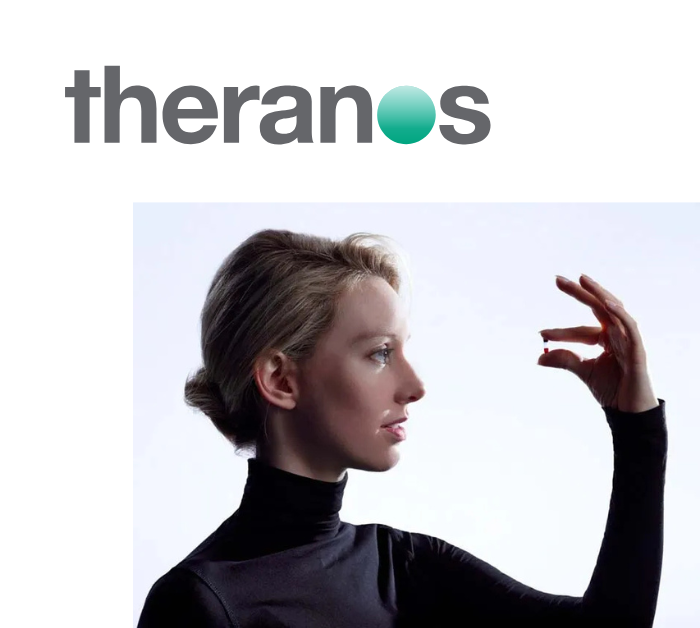Elizabeth Holmes and the Theranos Appeal

Elizabeth Holmes and the Theranos Appeal: Expert Witness Testimony Under Rule 702 and Its Impact on the Verdict, US v. Elizabeth Holmes, Case No. 22-10312 (9th Circuit Court of Appeals, filed 2/24/25)
I enjoy reading court decisions, especially in cases like this where the defendant was represented at both trial and on appeal by experienced litigators. Opinions like this are fertile ground for developing new strategies in criminal defense. Here, I want to focus on the defense’s use of expert witnesses because this is an incredibly important evidentiary area of law that is only going to be increasing in importance going forward.
The Role of Rule 702 in the Theranos appeal
Holmes and her co-defendant, Ramesh “Sunny” Balwani challenged the district court’s decision to allow former Theranos employees—many of whom had technical and scientific expertise—to testify as lay witnesses while offering opinions that arguably required specialized knowledge. This distinction is crucial because expert testimony under Rule 702 must pass a reliability threshold set by the Daubert standard, while lay witness testimony does not.
The Ninth Circuit acknowledged that some aspects of the testimonies crossed into expert territory, particularly those from:
- Dr. Kingshuk Das, who conducted a retrospective analysis of Theranos’s testing failures.
- Dr. Adam Rosendorff and Dr. Mark Pandori, who discussed systemic quality control issues in the Theranos lab, and
- Erika Cheung, a lab associate who described quality control failures.
The court recognized that these witnesses gave opinions that “relied on specialized knowledge” rather than mere personal observation. Yet, despite finding that portions of their testimony should have been subject to Daubert scrutiny, the court ultimately deemed the admission of their testimonies to be harmless.
Most importantly, in my opinion, the Court’s analysis made clear there is no “on-the-job” exception to Rule 702. Under Rule 702, testimony that relies on “scientific, technical, or other specialized knowledge” must be tested for reliability (the Daubert standard). If a witness draws conclusions by applying specialized expertise—even if that knowledge was gained through regular job duties—the testimony is deemed “expert.” A party cannot simply label that person a “lay witness” to bypass Rule 702’s requirements. A witness’s “mere percipience” (i.e., observing facts firsthand) does not automatically transform specialized testimony into permissible lay opinion. Expert testimony can still arise from a person’s day-to-day experience in a scientific setting. The Court recognized that these witnesses gave opinions that “relied on specialized knowledge” rather than mere personal observation. Yet, despite finding that portions of their testimony should have been subject to Daubert scrutiny, the court ultimately deemed any errors harmless.
The Court Holds the Error Harmless
Despite the fact that several of the witnesses offered improperly admitted expert testimony, the court nevertheless found the error harmless for the following reasons:
- The Court found the witnesses would have easily qualified as experts had the government formally designated them as such.
- Their testimonies were cumulative—multiple sources independently testified to the same fundamental facts about Theranos’s technological failures, and
- The Court found the evidence against Holmes and Balwani was “overwhelming,” making it unlikely that the verdict hinged solely on these testimonies.
Here are some takeaways in defending a case where the use of experts may be expected to arise.
- Early Daubert Challenges: Defense attorneys should consider promptly requesting Daubert hearings when facing testimony drawn from specialized knowledge. Doing so may limit or exclude damaging opinions beforehand.
- Cumulative Evidence Matters: When mounting a defense, look for repeated or overlapping scientific testimony. Demonstrating its cumulative nature can push for at least partial exclusion or a limiting instruction. In this way, counsel may be able to restrict the Government from repeatedly putting unhelpful evidence before the jury which a jury may be more inclined to believe simply because multiple witnesses testify to it.
- Strategic Use of Stipulations: In complex technical fraud cases, it may sometimes be a good idea for both parties to stipulate to foundational scientific facts, reducing the need for borderline “expert” testimony that might raise Daubert disputes.
The appellate lawyers here raised numerous other well-argued and important challenges, of course. I chose to focus on this one claim because it’s one that I’ve encountered in many other appeals, and I find it personally interesting. But also, I think as criminal investigations continue to be more and more complex due to advances in technology, it makes sense to more carefully analyze these kinds of challenges to scientific evidence to raise the strongest possible defenses for clients.
